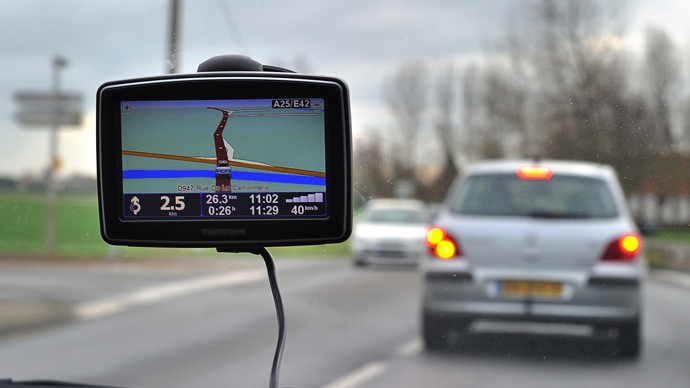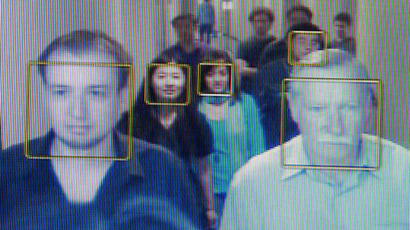Police not allowed to GPS-track cars without warrant - court ruling

A federal appeals court, addressing an issue that the US Supreme Court chose not to cover in a recent decision, has ruled that law enforcement officials must obtain a warrant before attaching a GPS unit to a suspect’s car and tracking them.
The Third Circuit Court of Appeals made its ruling in the case of US vs Katzin, in which police used a magnetic global positioning system to track a trio of brothers suspected of burglarizing pharmacies. Law enforcement stopped the car after the brothers allegedly robbed a RiteAid and claimed that a resulting search turned up evidence. Yet the brothers argued that the evidence was obtained illegally and thus inadmissible.
“Today’s decision is a victory for all Americans because it ensures that the police cannot use powerful tracking technology without court supervision and a good reason to believe it will turn up evidence of wrongdoing,” American Civil Liberties Union attorney Catherine Crump said in a statement. “These protections are important because where people go reveals a great deal about them, from who their friends are, where they visit the doctor and where they choose to worship.”
The three-judge panel determined that installing GPS technology was a violation of the Fourth Amendment to the US constitution, which prohibits unreasonable searches and seizures. The judges’ final decision said the actions of the police were “highly disconcerting.”
James Madison originally introduced the Fourth Amendment in response to the writs of assistance, which British officials at the time used to search vehicles under the guise of suspecting theft.
Tuesday’s ruling sided with the brothers and a lower court’s prior decision. The decision also came in spite of an appeal from US authorities, with legal observers saying they expect another appeal, which would land at the feet of the US Supreme Court. This week’s decision is the first time an appeals court had ruled on the matter.
Yet in January 2012, when deliberating a case known as United States v. Jones, the Supreme Court ruled that GPS tracking did constitute a search under the Fourth Amendment. The court declined, however, to determine whether the search was reasonable or unreasonable under the law.
Perhaps most disturbing, the government also argued that if officers were forced to obtain a warrant to have probable cause prior to carrying out a GPS search, “officers could not use GPS devices to gather information to establish probable cause, which is often the most productive use of such devices.”
The appeals court also rejected a government argument that a GPS search would qualify for an automobile exception, a situation in which police have more freedom to look through a vehicle.
“A GPS search,” the court explained, “extends the police intrusion well past the time it would normally take officers to enter a target vehicle, locate, extract, or examine the then-existing evidence.”














